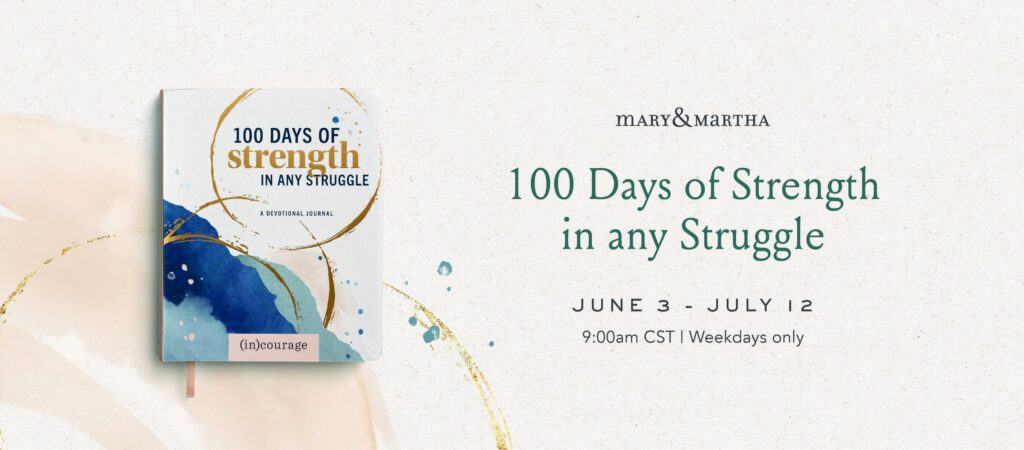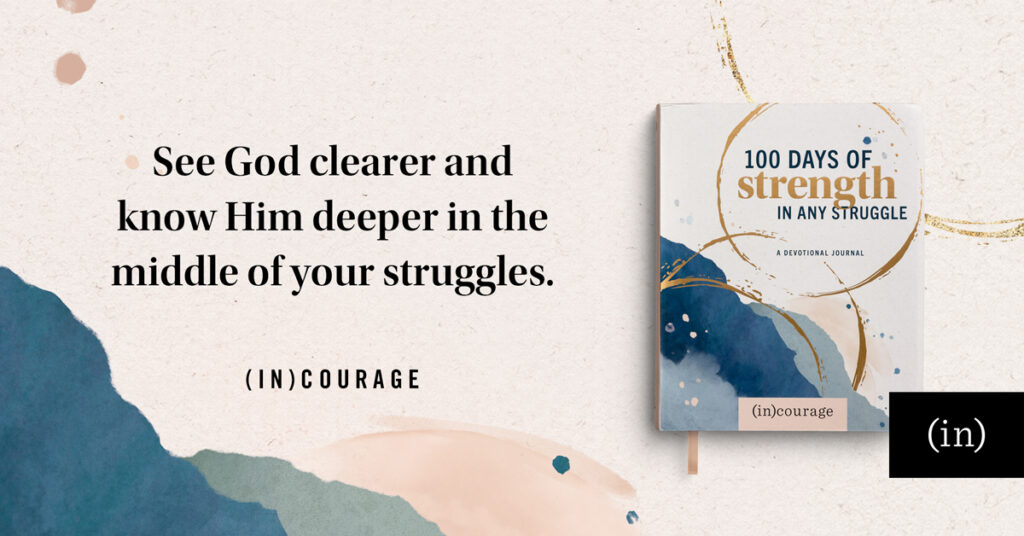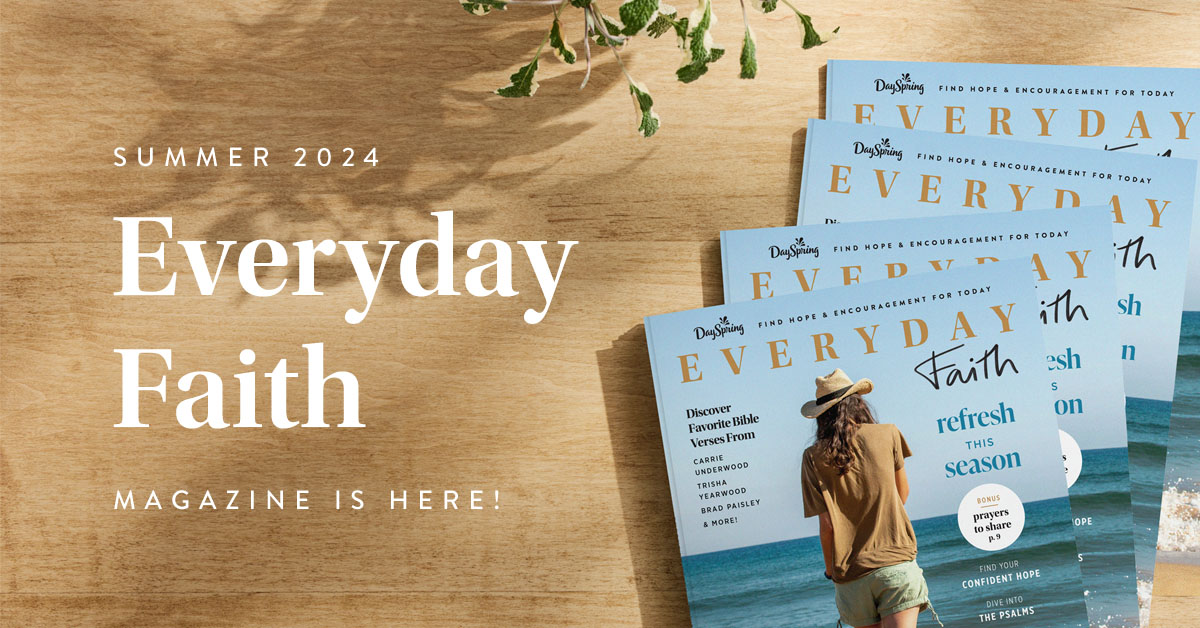During our early years of marriage, my husband and I had an inside joke that when the going got tough, I’d lean into “more fun Schmidt.” I actively chose celebration as a way to call out God’s goodness and faithfulness in our lives, even when times were hard.
Recently our family snuggled on the sofas and reflected on what the Lord had done this past year. We voiced hope, expectation, and even apprehension for the upcoming season.
I always look forward to these times of open sharing with our adult children, but this time was different. A subtle role reversal shift occurred as I laid my heart bare. “I’ve lost a bit of myself.”
I went on to share, “I feel like I’ve lost a bit of my sparkle. I’m wondering how my Pollyanna, glass-more-than-half-full personality has slowly leaked out. You all know I love to laugh, have fun, and encourage others, but this year I don’t recognize that girl as much and I need to find her. I want to be Jennifer ‘More Fun’ Schmidt once again.”
Who wants their mom to admit that?
The following week a friend called out to me in the church lobby.
“Jen, when we first met, I didn’t know your last name. Look how I added you to my contacts.” She showed me her phone which said, ‘Jen – my fun friend.’ She explained, “You bring the joy and the smiles wherever you go.”
The Lord uses all sorts of ways to get our attention and a lobby connection reminded me of my call to celebrate and embrace some fun. Regardless of how I feel, I am still His joy-filled daughter because His Spirit dwells in me.
“May the God of hope fill you with all joy and peace as you trust in him, so that you may overflow with hope by the power of the Holy Spirit.” Romans 15:13
Throughout Scripture, the Hebrew translation for “celebrate” reminds us to rejoice, to praise, to sing, and to prepare a feast. But how does Jen “More Fun” Schmidt reemerge when celebration seems unrecognizable?
God’s Word instructs us to stop and remember. Remember what God has done. Remember that this season doesn’t last for a lifetime. Remember His faithfulness through all generations and celebrate His goodness – both personally and collectively.
Dance, feast, hope, rest, laugh, worship. Celebration looks different for everyone, but Christians should be an alleluia from head to foot, as Saint Augustine reminds us. Yet often, we aren’t known for fun and celebration.
I desire to be known as a joy giver.
This isn’t an instruction to dismiss or pretend our challenging circumstances aren’t relevant. Just the opposite. During a time of excruciating loss and suffering, the first recorded celebration began with the Passover. God delivered the Israelites from slavery, gave hope for the future, and then instructed them to continue celebrating throughout the year: a perpetual remembrance for all future generations.
“This is a day you are to commemorate, for the generations to come you shall celebrate it as a festival to the Lord — a lasting ordinance.”
Exodus 12:14 NIV
So in the process of leaning into Jen “More Fun” Schmidt, I chose to view celebration as a spiritual discipline. To celebrate in response and remembrance. To celebrate with rhythms of welcome, kindness, and encouragement to others.
Celebration cultivates joy. Joy harnesses hope. Hope renews your soul and, amidst that renewal, your soul magnifies the Lord.
While I’d love to throw a real-life party for us all to have more fun, let’s create a virtual one in the comments. Will you let me celebrate and champion you?
Together as women of joyous celebration, I want to remind you what it feels like to have women in your corner who can’t wait to hear your good news. I am cranking up old school Kool and the Gang’s song, “Celebration” and kicking off the party because I don’t have enough fun. If no one else celebrates you this week, let us be those girlfriends who come behind you and throw a virtual party in your honor.
Share your news. Please don’t be shy. You’re not bragging. Let’s shout from the rooftops the goodness He’s doing in your life. Celebrate a move or a milestone. Share your progress or potential, your promotion or perseverance. Let’s rejoice in an adversity that you’re turning over to Him. Let’s shout from the rooftops something fun or silly that you had the opportunity to experience. Nothing is too small. I’d love to laugh.
We need to hear the story of how the Lord is using your small steps; in turn, it will be an encouragement to all your sisters here.
I’ll go first and meet you in the comments.
And imagine you hear the music and you’re singing with me… “Celebrate good times, come on! There’s a party going on right here, a celebration to last throughout the years. So bring your good times and your laughter too. We gonna celebrate your party with you.”






